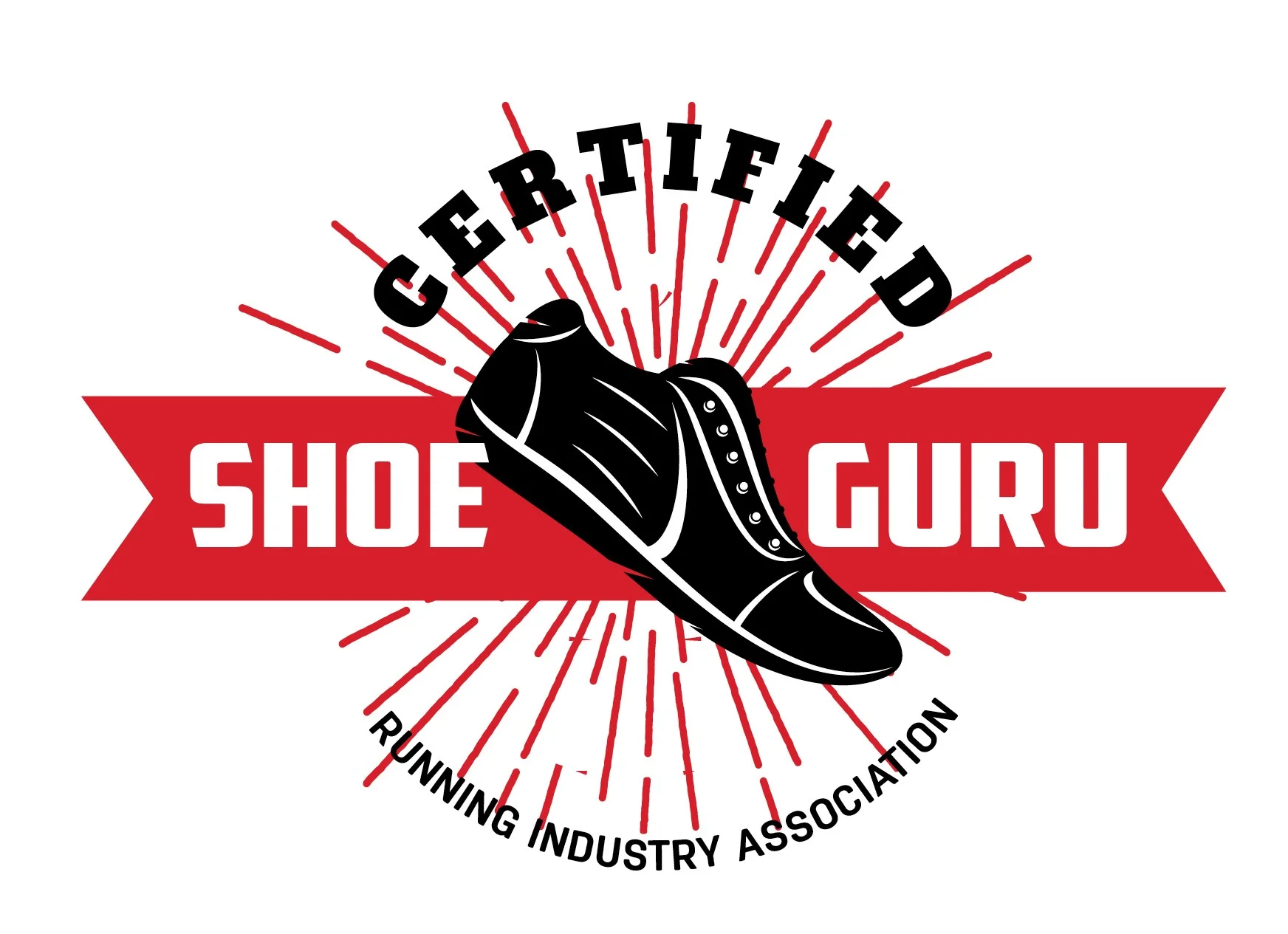My Heel Hurts, Do I Have Plantar Fasciitis?
/As a footwear store, we understand that plantar fasciitis can be a painful and frustrating condition. Plantar fasciitis is a common condition that affects the heel and bottom of the foot. It occurs when the plantar fascia, a thick band of tissue that connects the heel bone to the toes (your arch!), becomes inflamed or irritated.
Some common symptoms of plantar fasciitis include:
Pain in the heel or arch of the foot, especially in the morning or after long periods of standing or walking
Stiffness or tenderness in the foot
Difficulty walking or standing for long periods of time
So, what can you do to prevent or alleviate plantar fasciitis? One of the most important things is to wear the right shoes. Here are some tips:
Look for shoes with the proper support for your feet and gait (your pattern of walking). There is no such thing as a one-shoe-fits-all solution, and the best shoe for you is likely different than what is best for other people you may know. Shoes that support you correctly can help reduce stress on the plantar fascia.
Make sure your shoes fit properly. Shoes that are too tight or too loose can put extra strain on the foot and exacerbate plantar fasciitis. At Runners Athletic Company, we put an emphasis on proper shoe fitting for both the shape and size of your feet.
Choose shoes with a cushioned sole. Shoes with a cushioned sole can help absorb shock and reduce the impact on the plantar fascia. We carry a variety of high cushioned shoes from brands like Hoka, Brooks, New Balance, and many more.
Consider orthotics. If you have foot or heel pain, supportive insoles or orthotics can help support your foot and reduce stress on the plantar fascia. We have solutions from Powerstep and Currex that we highly recommend!
In addition to wearing the right shoes, there are other things you can do to prevent or alleviate plantar fasciitis. These include:
Stretching your feet and calves regularly
Using ice to reduce inflammation and pain
A doctor may recommend over-the-counter pain medication, such as ibuprofen or acetaminophen
Resting and avoiding activities that aggravate your symptoms
If you're experiencing symptoms of plantar fasciitis, send us a message or stop into one of our locations. We can help you find appropriate solutions so you can start moving again pain free!




